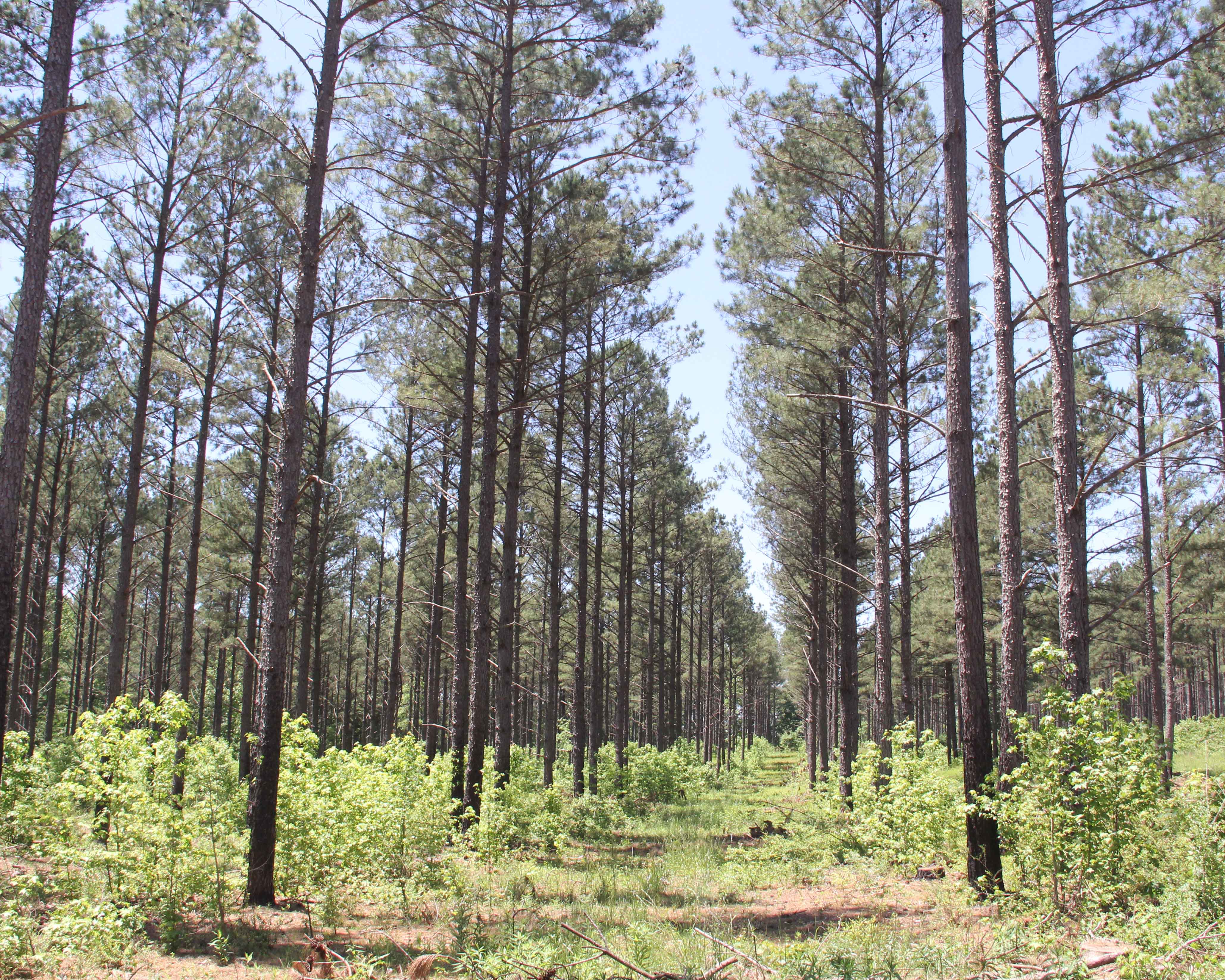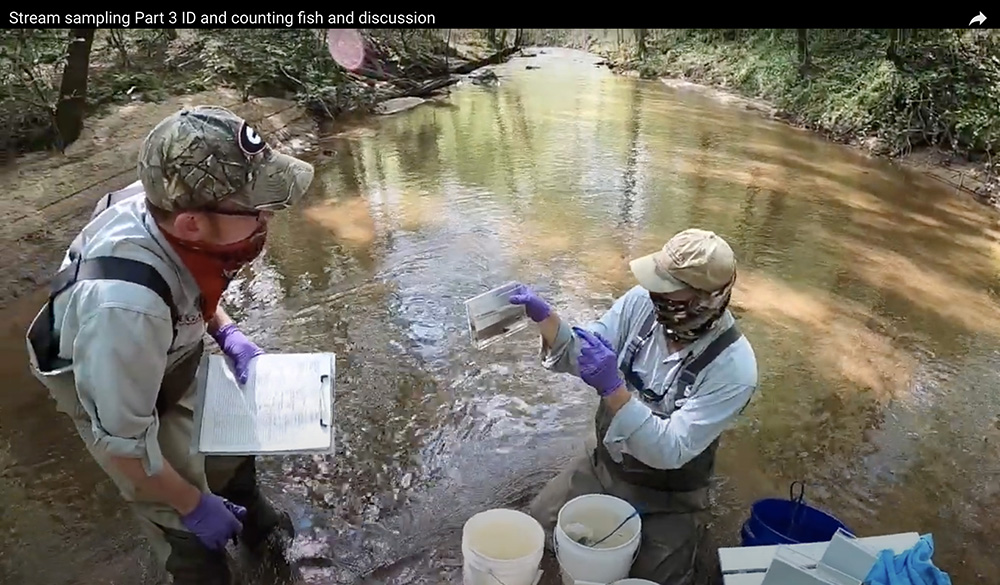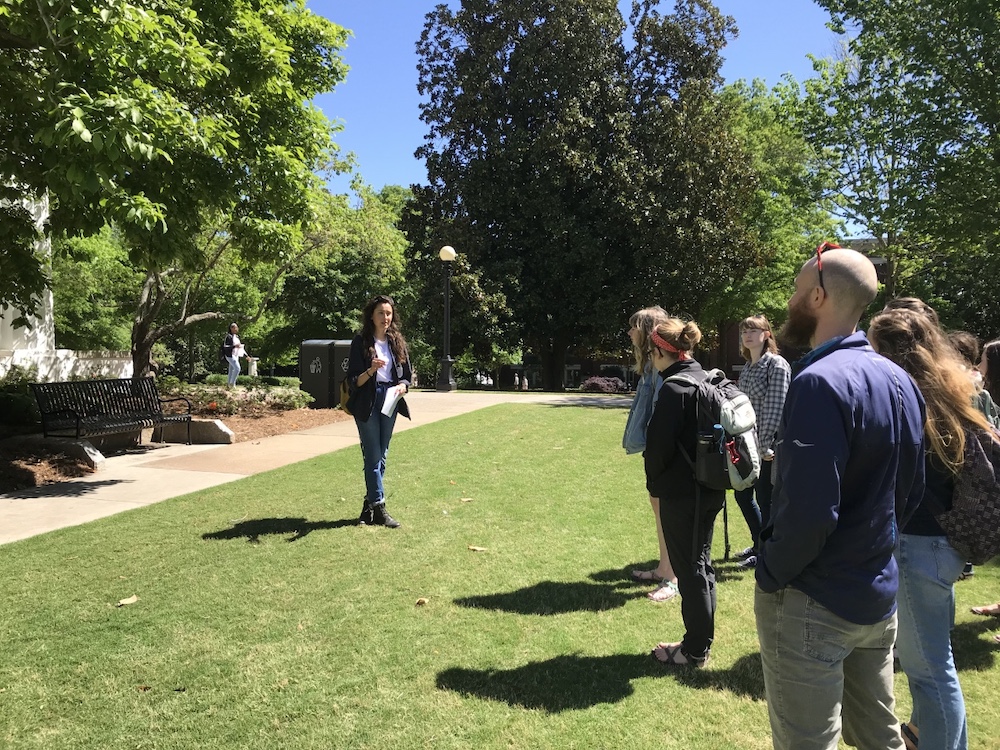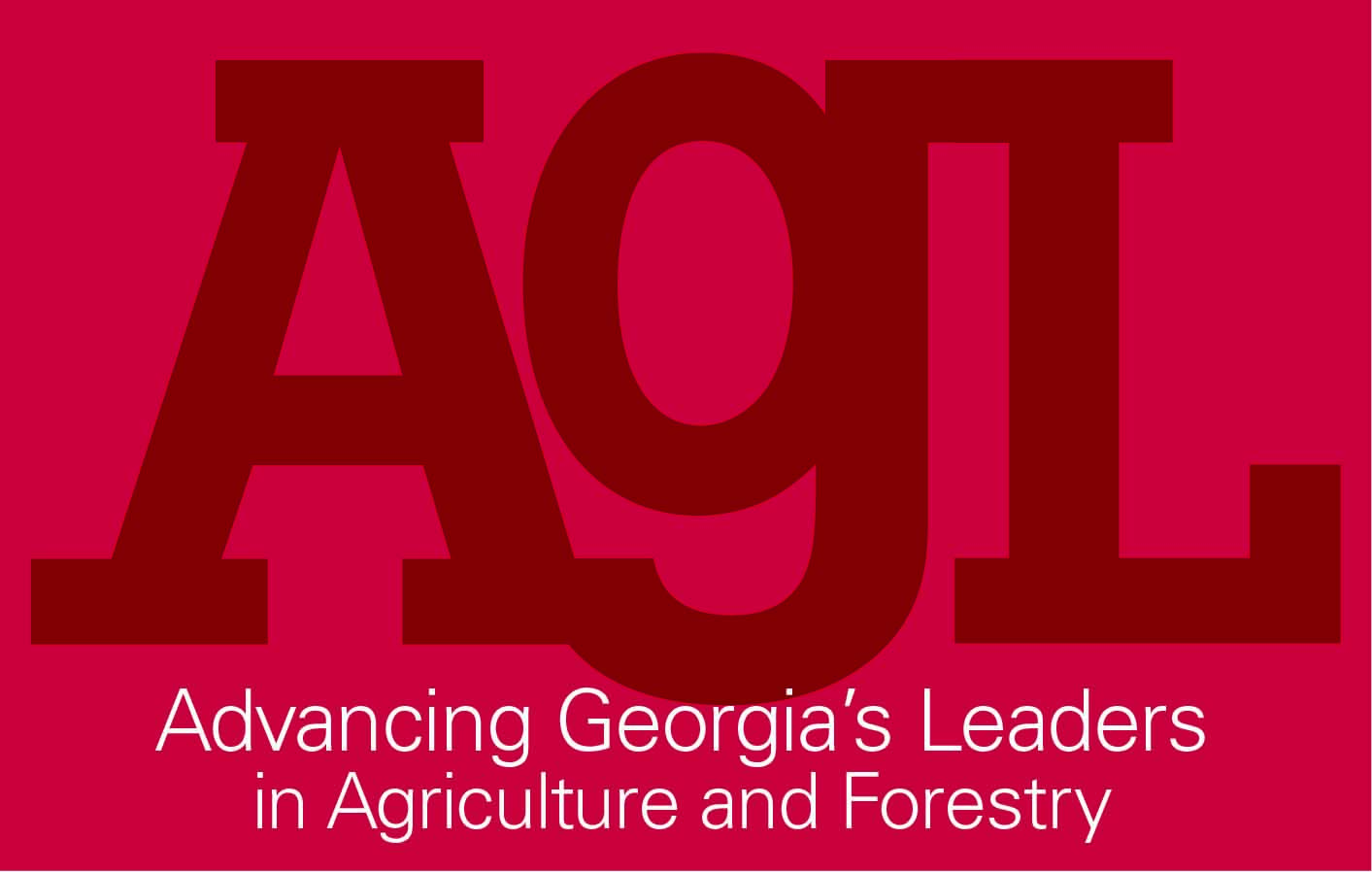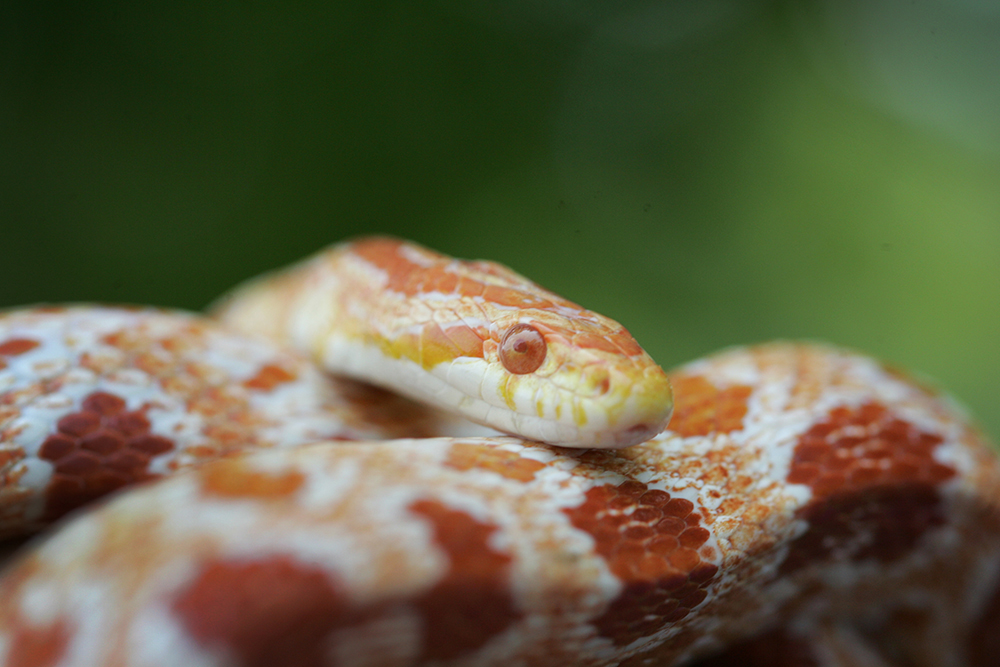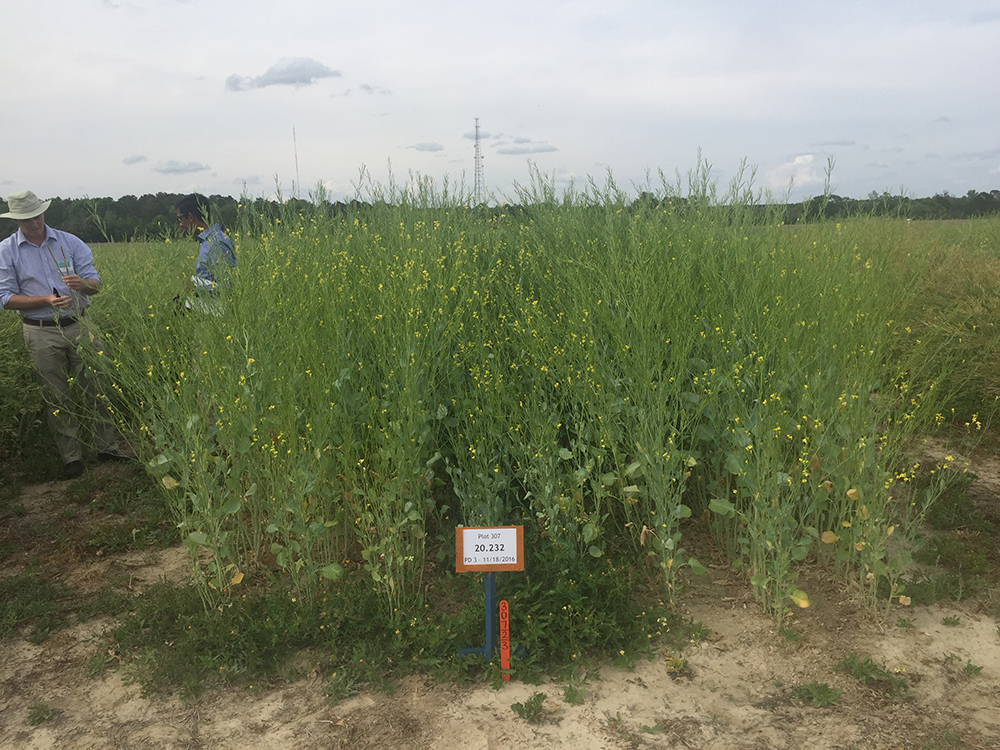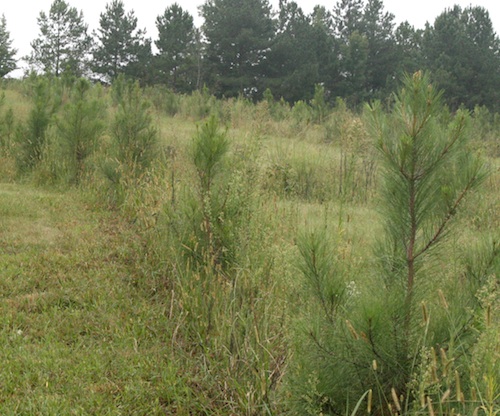 CAES News
CAES News
Spotted Lanternfly in Georgia
Native to several Asian countries, the spotted lanternfly (Lycorma delicatula) was first detected in the United States in 2014 in Pennsylvania, likely arriving via imported goods. Since its arrival, the pest has spread to 15 states in the Eastern U.S., now including Georgia. While they do not bite or sting humans or animals, University of Georgia experts stress that early detection, prevention strategies and timely interventions are crucial to minimizing the spread and impact of this pest on a variety of plants.


